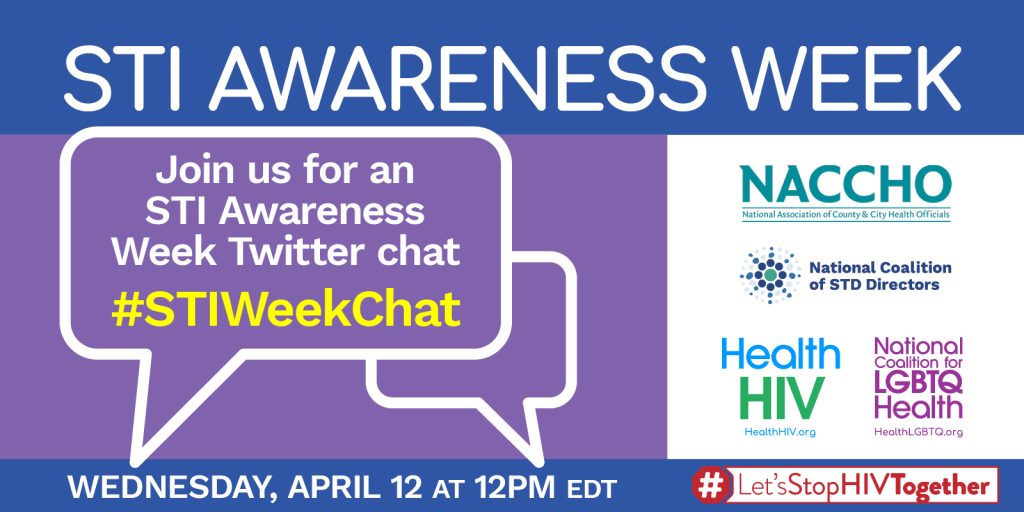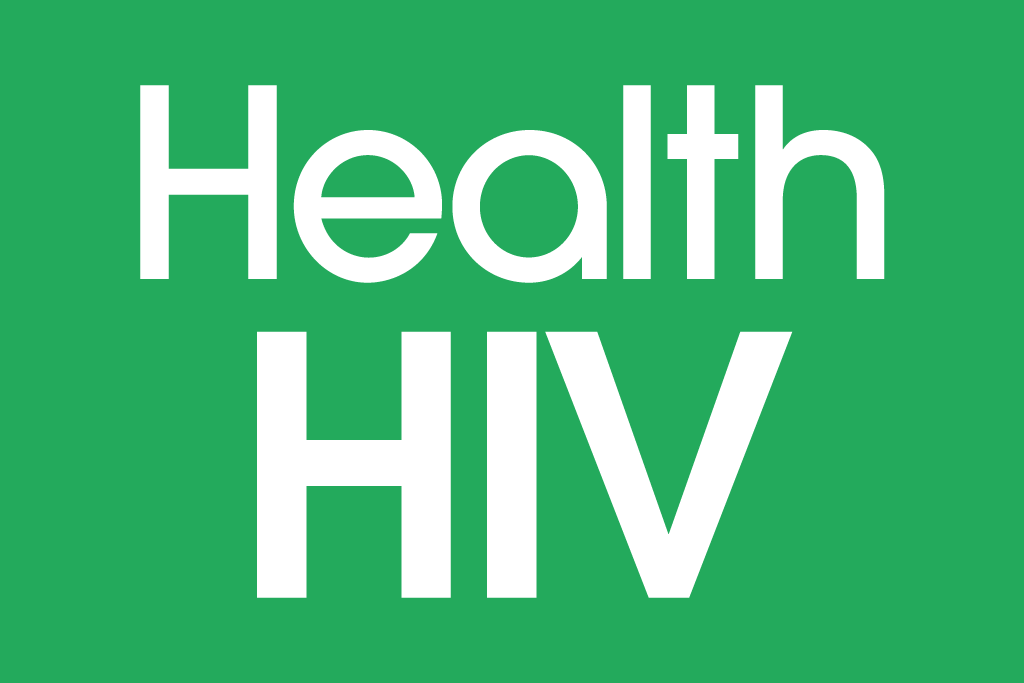STI Awareness Week 2023 Twitter Chat

Read the transcript of our Twitter Chat on STI Awareness Week at the hashtag #STIWeekChat.
HealthLGBTQ Mpox Resource Center
In light of the recent cases of mpox in the U.S., the National Coalition for LGBTQ Health has curated a library of evidence-based materials in multiple formats about mpox. Geared to clinicians, researchers, and community members, the resources provide information about mpox virus transmission, prevention, testing, and treatment.
Get Tested: National HIV, STD, and Hepatitis Testing (CDC)
Find free, fast, and confidential testing near you for HIV, Viral Hepatitis, and STDs with this easy-to-use search tool.
CDC Sexually Transmitted Diseases (STDs) Information Site
This comprehensive site from the Centers for Disease Control and Prevention (CDC) is a clearinghouse of information on prevention, testing, and treatment of sexually transmitted diseases, including HIV, HPV, Syphilis, and many others.
National HIV/AIDS Aging Awareness Day 2022 Twitter Chat
Read the transcript of our Twitter Chat on Aging with HIV at the hashtag #NHAADchat.
Reducing Harm When Using Drugs
This resource provides general harm reduction tips for drug use and information on local harm reduction organizations.
DC Engage Local Resource Guide
This resource guide lists organizations in Washington, DC that offer assistance in areas including housing, harm reduction, safer sex and STI testing, food, clothing, legal, health care, and social support.
Fatigue is associated with worse cognitive and everyday functioning in older persons with HIV
Fatigue is prevalent in people living with HIV and in older adults. Research has been associated with a wide range of psychosocial factors, including depression, anxiety, and poor quality of sleep, leading to overall poorer quality of life. Fatigue is also associated with comorbidities such as hypothyroidism, Hepatitis C, disease severity, and treatment status among PLWH. This study goes into detail about framing the relationship between fatigue, cognition, and everyday functioning in PLWH.
Monocytes in HIV and SIV Infection and Aging: Implications for Inflamm-Aging and Accelerated Aging
With ART and the extended lifespan of PLWH, HIV comorbidities also include aging—most likely due to accelerated aging—as well as cardiovascular, neurocognitive disorders, lung and kidney disease, and malignancies. The broad evidence suggests that HIV with ART is associated with accentuated aging and that the age-related comorbidities occur earlier, due in part to chronic immune activation, co-infections, and possibly the effects of ART alone.
HIV and Aging in the Era of ART and COVID-19
Our understanding of HIV/AIDS has been reframed in the recent past because the use of novel antiretroviral therapy has enabled clinicians and patients to control the progression of the disease.



